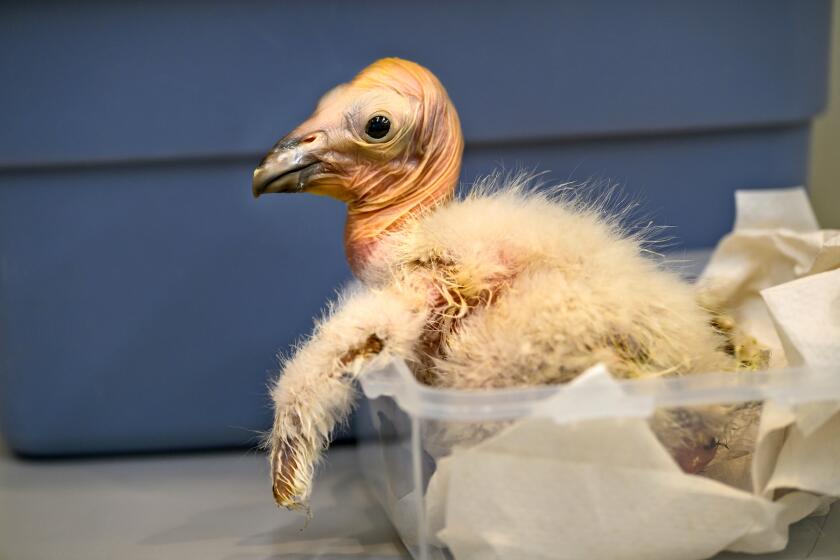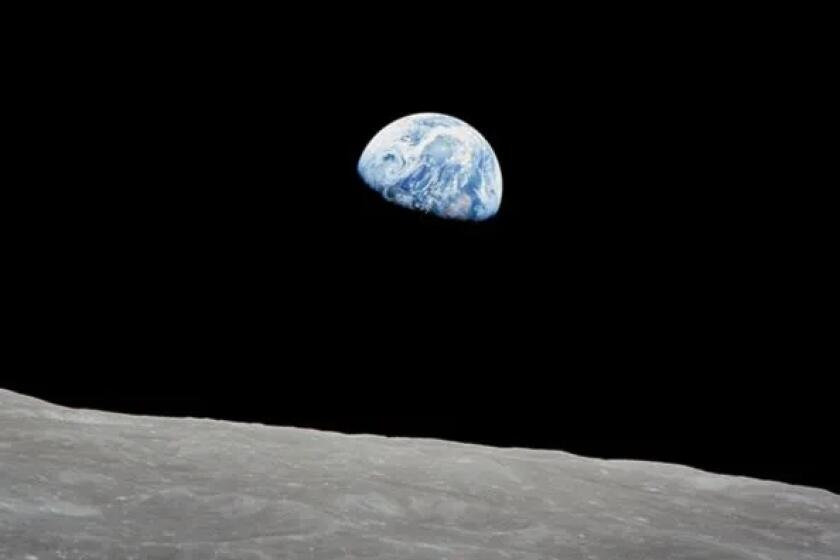Infant memories form and flit away
When it comes to memories of infancy, everyone draws a blank. Hardly anyone can recall those opening pages of life’s story, when discoveries write themselves into every newborn’s brain.
Until recently, brain researchers were convinced that babies simply couldn’t make any personal memories that lasted, because almost no one can recollect anything that happened to them before age 3.
Yet children as young as 6 months do have a detailed sense of the past, able to encode memories of specific events that can linger for at least a year, scientists reported Friday in San Francisco at the annual meeting of the American Assn. for the Advancement of Science.
Monitoring the brain’s electrical activity and conducting simple tests of attention, researchers at Duke University demonstrated that by 8 months of age, most babies can easily weave memories of events together in the way adults do.
Over the first 18 months of life, the duration of a memory becomes progressively longer, as the developing brain creates networks to store and retrieve the neurochemical essence of things past.
Psychologist Patricia Bauer of Duke University said memory increases from about 24 hours at 6 months of age, to about a year at age 2.
The problem, researchers said Friday, is that very young children forget at a rate much faster than adults.
Bauer said the brains of infants and adults are like colanders.
The adult colander has small holes, whereas the infant colander has larger holes, allowing information to flow out.
“It used to be the case that we thought young children simply could not form memories,” Bauer said.
“Children are forgetting at a faster rate than adults.”



